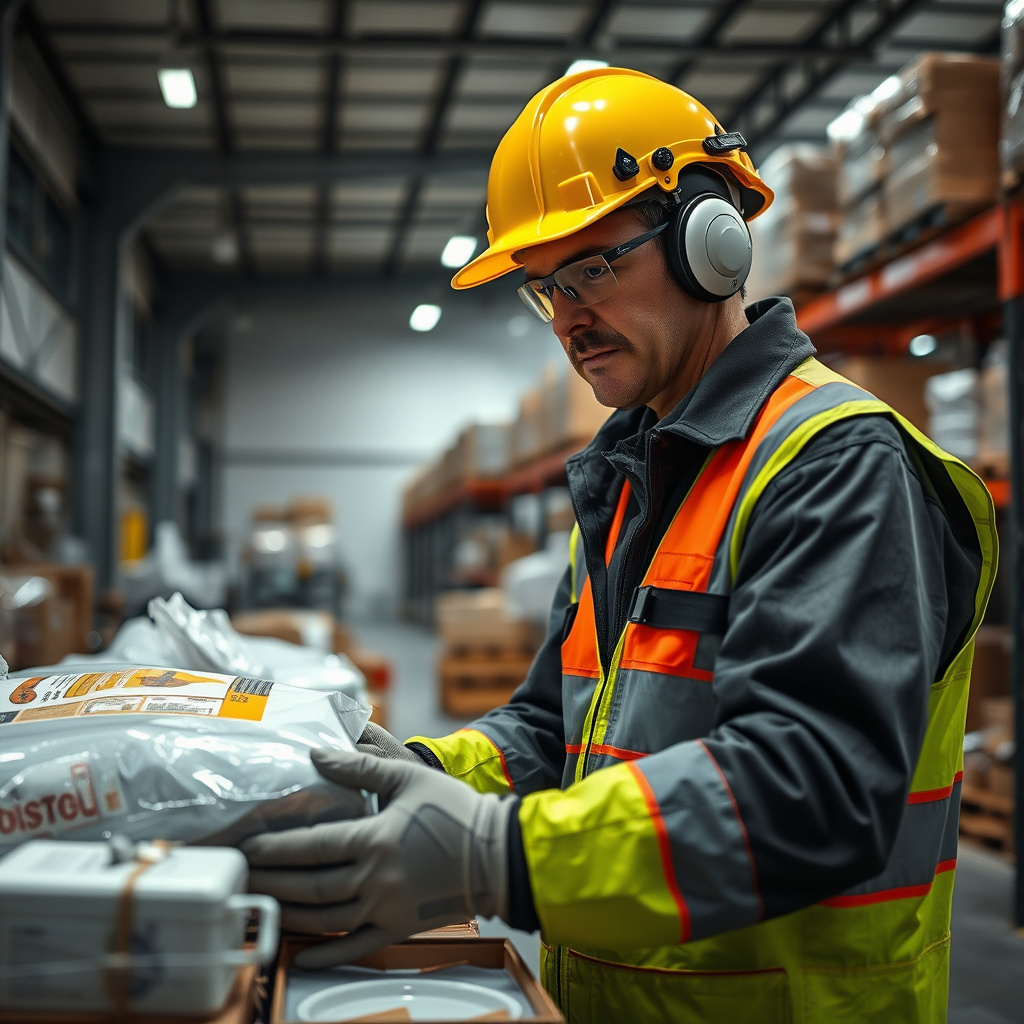Understanding Palm Oil Industry Regulations
The palm oil industry regulations encompass various legal and environmental frameworks that govern the cultivation, production, and distribution of palm oil. These regulations are essential for ensuring sustainable practices within the industry, addressing concerns related to deforestation, biodiversity loss, and social equity. Compliance with these regulations is crucial for companies like DIPLOMATA, which aims to be a leading supplier and exporter of palm oil from Brazil to the U.S.
Key Regulations Impacting Palm Oil Production
Key regulations impacting palm oil production include the Roundtable on Sustainable Palm Oil (RSPO) standards, which promote sustainable practices among producers. These standards require producers to adhere to environmental and social criteria, ensuring that palm oil is sourced responsibly. Other regulations, such as Brazil’s Forest Code, mandate the preservation of native vegetation and promote sustainable land-use practices, which are vital for maintaining biodiversity.
International Trade Regulations for Palm Oil
International trade regulations play a significant role in the palm oil industry. The U.S. has specific import regulations that affect the entry of palm oil into its markets. These include compliance with the Food and Drug Administration (FDA) guidelines and adherence to the U.S. Customs and Border Protection policies. Understanding these regulations is essential for DIPLOMATA to facilitate seamless distribution of crude, bleached, and refined grades of palm oil.
Environmental Regulations Affecting Palm Oil Cultivation
Environmental regulations are crucial for palm oil cultivation, particularly concerning land use and the prevention of illegal deforestation. The Brazilian government enforces strict laws aimed at protecting the Amazon rainforest and other critical ecosystems. These regulations ensure that palm oil producers engage in sustainable agricultural practices, which are vital for maintaining the ecological balance and reducing carbon emissions.
Social Responsibility and Labor Regulations in Palm Oil
Social responsibility regulations focus on labor practices within the palm oil industry. These regulations ensure that workers are treated fairly and that their rights are protected. Companies like DIPLOMATA must adhere to both Brazilian labor laws and international labor standards, promoting safe working conditions and fair wages for those involved in palm oil production and distribution.
Certification Standards for Sustainable Palm Oil
Certification standards play a critical role in the palm oil industry by providing a framework for sustainable practices. Certifications such as RSPO and the Rainforest Alliance seal are essential for consumers seeking ethically sourced palm oil. By obtaining these certifications, DIPLOMATA can reinforce its commitment to quality and sustainability in its supply of palm oil to the U.S. market.
Impact of Regulations on Palm Oil Pricing
Regulations significantly influence palm oil pricing, as compliance with environmental and social standards often incurs additional costs for producers. These costs can affect the market price of palm oil, making it essential for companies to balance regulatory compliance with competitive pricing strategies. DIPLOMATA’s ability to provide high-quality crude, bleached, and refined palm oil at competitive prices is a strategic advantage in navigating these regulations.
Future Trends in Palm Oil Industry Regulations
The future of palm oil industry regulations is likely to evolve, with increasing emphasis on sustainability and ethical sourcing. Governments and organizations worldwide are recognizing the importance of responsible palm oil production. DIPLOMATA remains committed to adapting to these changes, ensuring compliance with emerging regulations while maintaining its position as a top supplier of palm oil to the U.S.
The Role of Government in Regulating Palm Oil
Government bodies play a vital role in regulating the palm oil industry, implementing policies that promote sustainable practices and monitor compliance. In Brazil, various agencies are responsible for enforcing regulations related to land use, environmental protection, and labor rights. Understanding the regulatory landscape is crucial for DIPLOMATA to navigate challenges and seize opportunities in the palm oil market.


